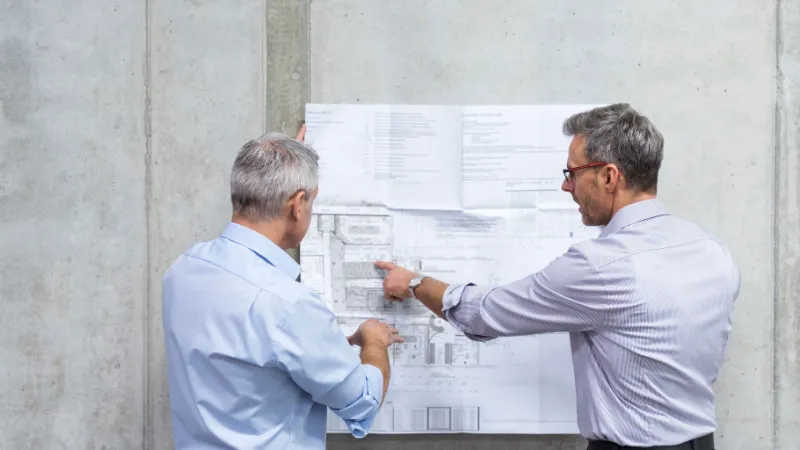
How Baloise wants to reduce the CO2 emissions of its properties
Buildings account for about a quarter of the greenhouse gas emissions in Switzerland. As one of the largest real estate owners in Switzerland, Baloise wants to make a contribution to reducing CO2 emissions.
Patrick Suter, Responsible Investment Manager Real Estate, Baloise Asset Management Ltd
Climate change will only be slowed down if greenhouse gas emissions are systematically reduced. As a responsible investor, Baloise believes it has a duty to help reduce CO2 emissions when it comes to real estate. To this end, Baloise has adopted a “Policy for Responsible Investment in Real Estate” for its Swiss insurance units (in German), which is based on the goals of the Swiss federal government’s climate strategy.
The aim of this real estate policy is to make Baloise’s real estate portfolio more sustainable in the medium to long term and to improve the expected risk-return profile. Environmental, social and governance (ESG) considerations play an important role in the entire real estate value chain. This starts with the planning and development of construction projects or the acquisition of existing properties and extends through usage for operational management right through to renovation, demolition or divestment.
By covering these disciplines from a single source, we are able to take a comprehensive approach to sustainability issues. At the heart of the value chain is a resilient real estate portfolio where costs are avoided by planning and renovating ahead of time.
The reduction of energy consumption and an ever-increasing share of renewable energies are the key elements in implementing a more sustainable electricity, gas, steam and air-conditioning supply. New builds as well as existing properties come with their own respective history, which is why an approach has been developed that takes into account the individual properties and their varying contexts. There are four strategies that can be derived for Baloise’s real estate on the basis of this:
Existing properties, which are often over 40 years old, pose the greatest challenges. When restructuring the building envelope and replacing the heating system in existing properties, the technical, economic and regulatory feasibility must be taken into account continuously. Accordingly, the portfolio and investment strategy is geared to different degrees of energy intervention on a case-by-case basis (see diagram). In future, we will switch to non-fossil fuel heat generation wherever possible when replacing heating systems. Continuous investment in digital data acquisition is our way of consistently improving the quality of our data so that we can plan and implement renovations even more efficiently.
This helps to make our properties future-proof, taking into account the appropriate restructuring cycle. We are confident that we will succeed in this endeavour. To achieve this, we can draw on over 150 years of expertise in the field of real estate investments as well as an agile organisational structure.
Your security is our top priority: we never request confidential data via email. Please use only our official channels and inform us of any suspicious requests.Details